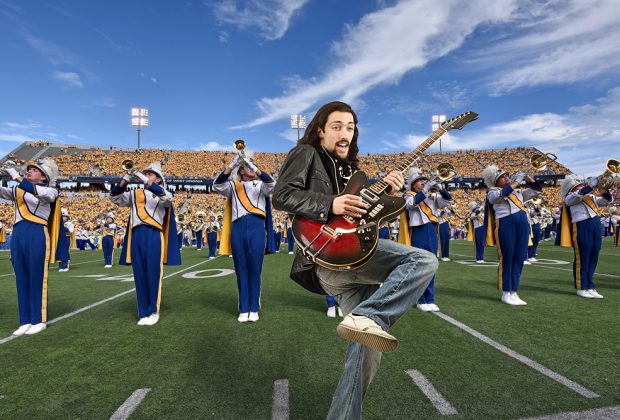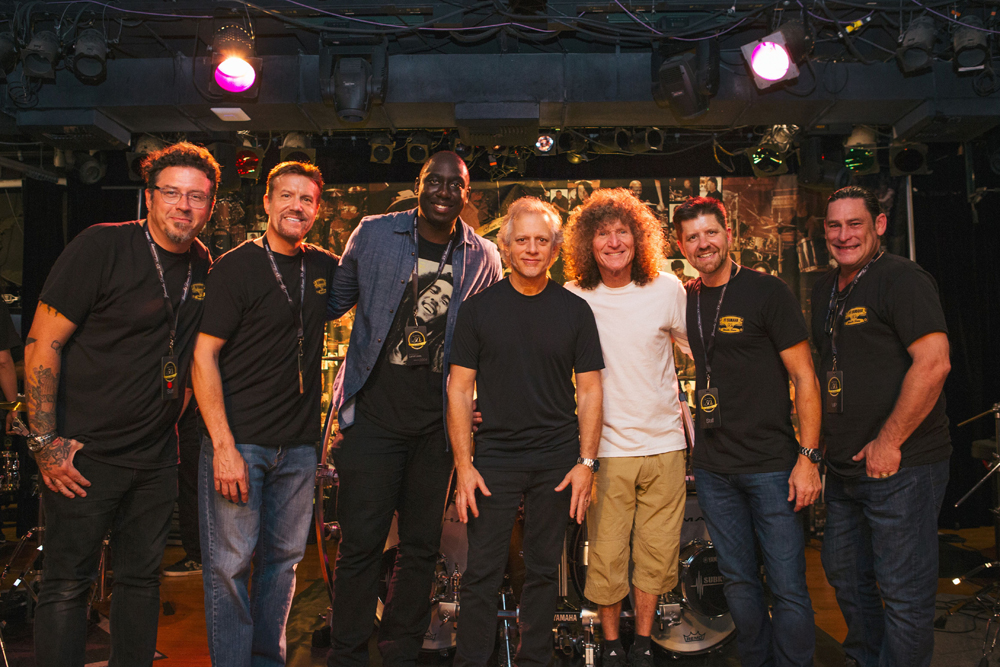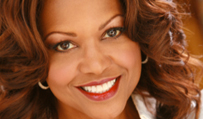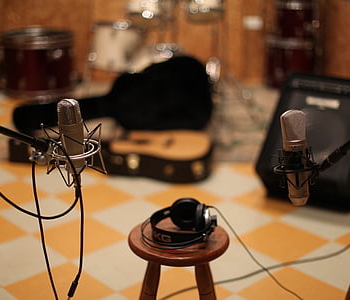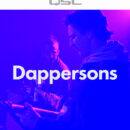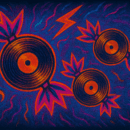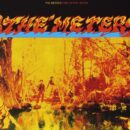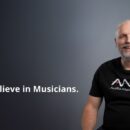A lot of musicians want to play colleges, but most don’t really know what that means. As someone who has played over 100 official university-sponsored shows around the country, it’s a field I know quite intimately. From the schools surrounded by a hundred miles of corn to the those with 40,000 students located in the center of densely populated metropolises, I’ve done them all. But these kinds of shows aren’t quite what you’d think. If you know and understand club and festival touring, prepare for your world to be turned upside down.
Here are 9 things that you need to know before attempting to break into the college market.
1. There Is Very Little Overlap Between the Music Industry and the College Industry
The college industry is not the music industry. You cannot approach college shows like you approach club shows. You cannot approach college booking like you approach club booking. You cannot approach advancing college shows like you approach advancing club shows. You cannot approach sleeping arrangements for college shows the same way you approach sleeping arrangements for club shows (unless you want to get arrested or sued by daddy). These are completely different industries. Building a fan base for your career is quite different than building a career within the college circuit. Some acts who make $100,000 a year in college bookings, can’t bring 20 people out to a club show in their home town. It’s a different scene. A different approach.
2. You Don’t Need A Fanbase To Get High Paying Bookings
Colleges book talent to entertain their students. Whether you are a comedian, singer/songwriter, band, hypnotist, magician or juggler, you serve the same purpose: entertainment. The entertainment committees at these schools don’t care if you bring 1,000 people to your clubs shows or 10. They care that you will entertain their students. Of course if you are a famous act to the school’s students you can demand more money, but in general, colleges will book high-quality talent regardless of their draw, sales numbers, radio plays or Facebook Likes.
Whether 5 or 500 come to the show, you get paid the same. Unlike splitting the door with a club, colleges hand you a check after your show for the job you performed. It’s the school’s sole responsibility to get people to their “event.” You just need to show up and play.
3. College Shows Pay An Average Of $1,400 + Expenses For a 70 Minute Set
I’ve been paid upwards of $3,200 for a 70 minute set of mostly original music (where exactly no one on campus had ever heard of me), but on average, most unknown bands and singer/songwriters make about $1,400 plus all expenses, including plane tickets, rental car, sound, lights, hotel and food.
4. The People Who Book You For The Big Money Shows Are On The Campus Activities Board
Of course you could get “booked” by the chess club to play their spring dance for $100 or the college radio station for their fundraising event for $250 and lots of spins, but the big money comes from the university’s entertainment budget. Nearly all 4,000 schools in the US have an annual entertainment budget, ranging from about $10,000 – $300,000 (depending on the size and wealth of the school). And most mid-size – large schools have a Campus Activities Board (CAB) (it’s called something different at every school) with various sub committees that organize events throughout the year. The smaller schools, however, may just have one employee in charge of scheduling all events and booking all talent.
5. There Are Set Dates Colleges Need To Fill With Entertainment
Unlike booking a club tour, colleges typically set dates before the academic year begins with events that they need to fill with entertainers. These range from freshman orientation, welcome week, homecoming, coffee house night, Spring Jam, big concerts, and so on. You don’t approach CABs with a date that works best for you, they come to you with a few dates that work best for them. You either accept a date or don’t. There is very little wiggle room when it comes to these dates. Often times the dates they have set coincide with other events happening on campus and cannot be moved to fit your touring schedule. They’ll just find another act.
6. There Are College Booking Agents Who Don’t Book Anything BUT Colleges
Most of the top college booking agents represent comedians, hypnotists, speakers, a cappella groups, bands, singer-songwriters and have ways to provide inflatable moon bounces, cotton candy machines or silent discos for whatever event the college needs. The agencies like to be one-stop-shops for all campus entertainment needs. These agents won’t book you a club or festival tour, but they will help you route a college tour.
7. Don’t Attend NACA or APCA Without a Showcase (and an Agent)
If you’ve done any research on the college market, you’ve probably heard NACA (and APCA) pop up. These are annual conferences where hundreds of schools (send thousands of campus representatives) to scout out talent for the coming year. I’ve showcased at four NACA conferences and three APCA conferences (and Nationals for both)––all with a college agent. You’re at an extreme disadvantage if you attempt to represent yourself at these conferences without a showcase or an agent. There is an extreme learning curve with navigating how these conferences work. If you don’t showcase and attend without an agent you will walk way extremely disappointed (and about $3,000 poorer).
8. Cold Calls To Colleges Are Extremely Difficult And Rarely Work
Not only do most committees completely turn over every couple years, many schools like to go to NACA and/or APCA first to find the hot new talent, and then fill the holes with talent from the agencies they already have relationships with (that they made from booking their acts from NACA). The reason colleges like booking through agents and NACA is because these organizations vet the talent. If you mess up, the agency messed up.
9. Most Of The Shows Aren’t That Glamorous
Yeah, I’ve opened for superstars in giant arenas on campus, but the very next day I played a cafeteria at 11 in the morning to the backs of hungover college kids on a sound system built into the ceiling with only two inputs on a stage that fell apart halfway through my set. And I got paid the exact same for each. The shows are all over the place. You’ll never really know what kind of show it’s going to be until you arrive on campus.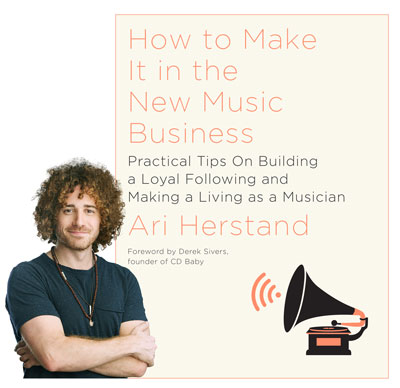
ARI HERSTAND is the author of How To Make It in the New Music Business, a Los Angeles-based musician and the creator of the music biz advice blog Ari’s Take.

